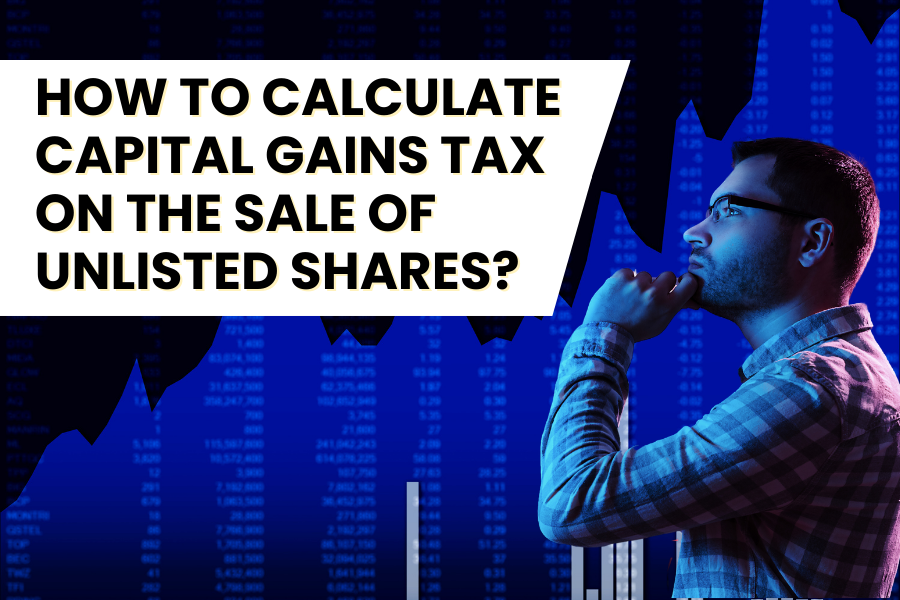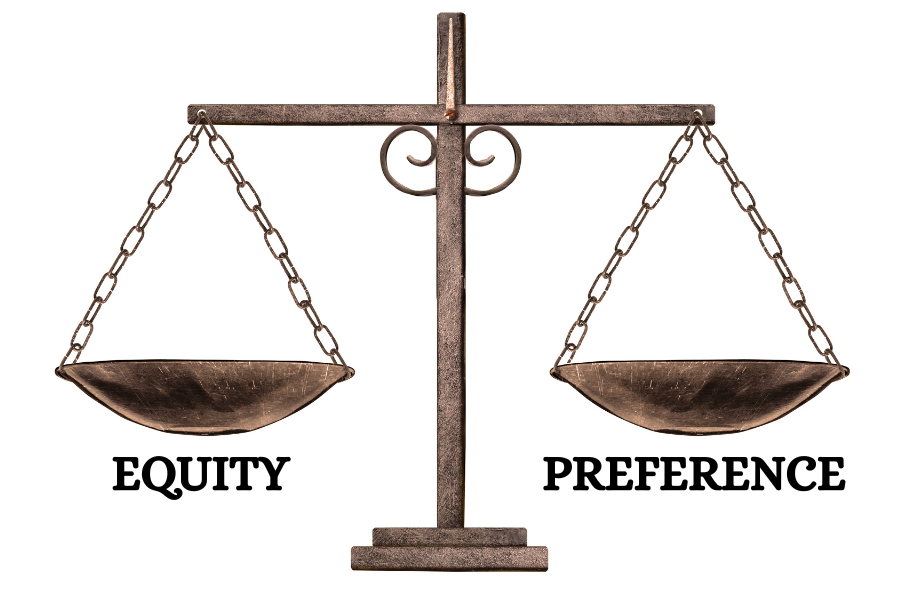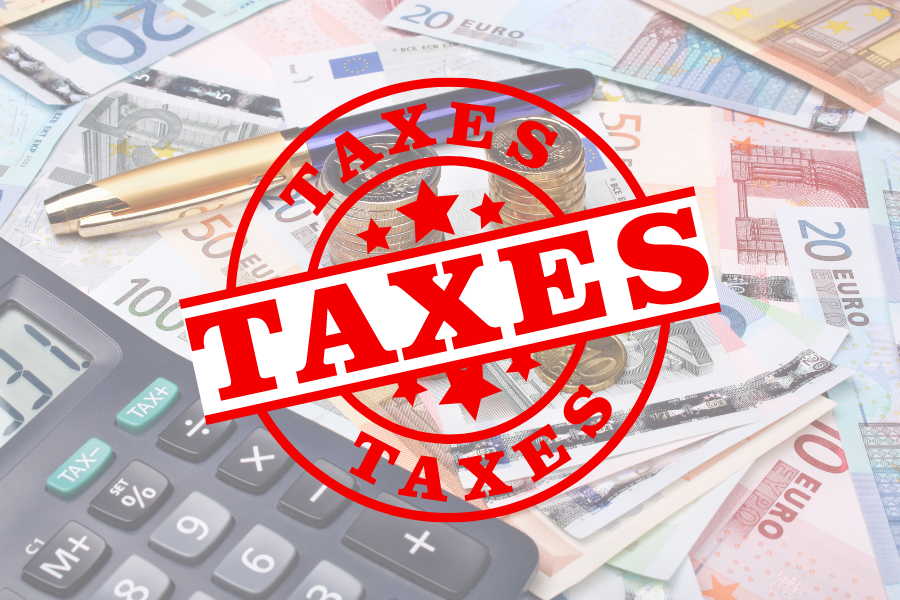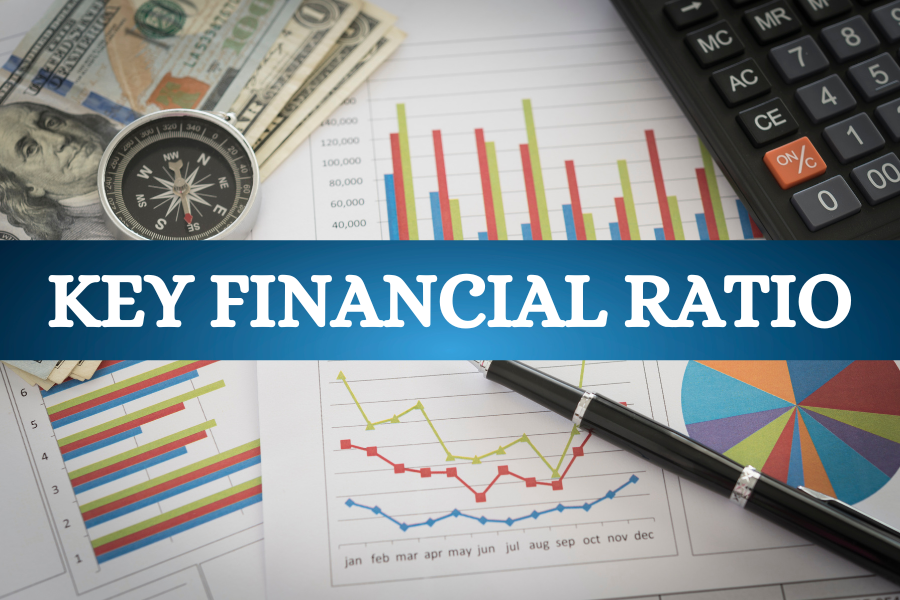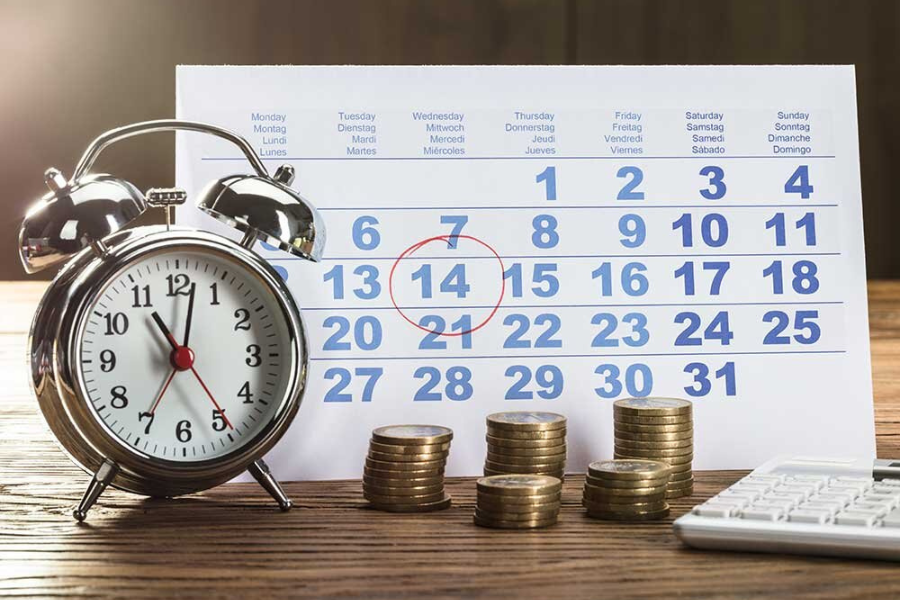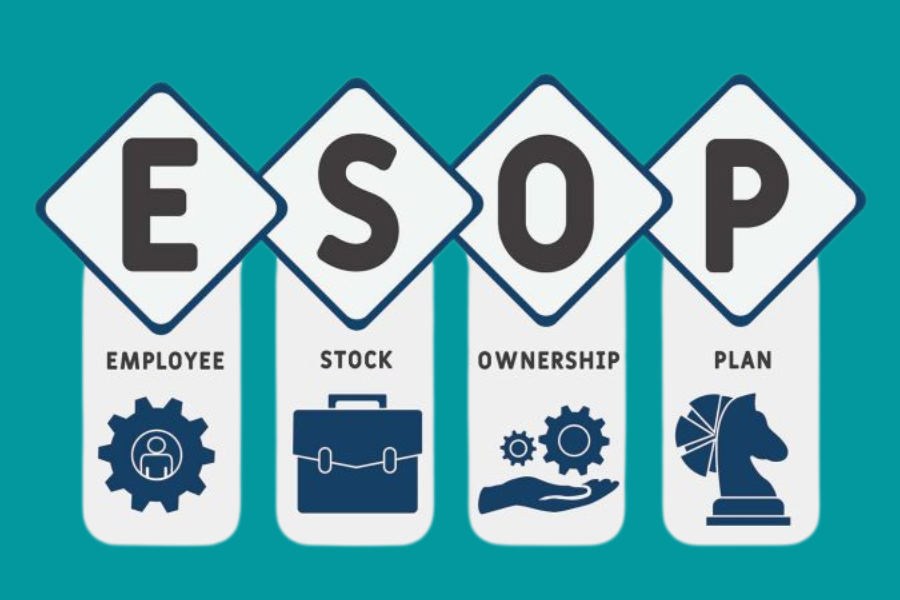Buy/Sell Your Unlisted Shares
Submit the details below to share a quote.
The listed shares are different from the unlisted shares in the context of their holding periods. The holding period refers to the duration for which the investor holds the share starting from the day the share is purchased to the date of sale or transfer. For income tax purposes, the holding periods of listed shares and unlisted shares are different, and so does their taxability.
How is Income Tax Calculated on the sale of Unlisted Shares?
There is capital gains tax applicable on the sale of unlisted shares. To calculate the capital gains tax on unlisted shares, we need to determine first whether the unlisted share is a long-term capital asset or a short-term capital asset. If the unlisted share has been held for more than 24 months, then it will be considered a long-term capital asset, else it will be considered a short-term capital asset.
The selling price of the unlisted shares is determined at the fair market value determined by the company’s merchant bankers or chartered accountants. If the fair value is less than the selling price, then the fair value is considered the selling price for taxation purposes as per Section 50CA of the Income Tax Act.
For the long-term capital asset, the rate of taxation will be 20% after indexation. Indexation refers to the process of adjusting the purchase price of the shares against inflation. The indexation will allow the shareholders to reduce their tax burden. However, if the unlisted shares are short-term capital assets, then the gains would be taxed as per the applicable slab rate.
It is important to note that the long-term capital loss (if any) can be set off against long-term gain only, however, short-term loss can be set off gain against both long-term gain and short-term gain. These losses can be carried over for 8 years for income tax purposes. For the non-resident Indians investing in unlisted shares, the LTCG is applied at 10% without indexation.
Similar to other incomes, investors must report their profits earned from holding unlisted shares of the company that is registered under the Companies Act 2013. Any Long-term Capital Gain or Short-term Capital Gain must be disclosed under the ‘Part A - General Information’ tab in the Income Tax Return (ITR) form.
Computation of Taxation on Unlisted Shares
Case 1:
If an investor invested Rs. 1,00,000 for 1000 unlisted shares of XYZ Ltd. at Rs. 100 in January 2020 and sold the same in January 2021 at Rs. 200 per share for Rs. 2,00,000. The holding period here is less than 24 months. Therefore, the gains will be considered short-term and will be taxed as per the applicable tax slab rate.
Assuming the brokerage rate is 0.5%, then the short-term gains will be Sales-(Purchase+Brokerage)
Therefore, the short-term capital gains made by the investor will be:
Rs. 2,00,000-(1,00,000+1000) = Rs. 99,000.
The tax will be computed as per investors’ applicable tax slab rate.
Case 2:
If an investor invested Rs. 1,00,000 for 1000 unlisted shares of XYZ Ltd. at Rs. 100 in January 2020 and sold the same in January 2024 at Rs. 200 per share for Rs. 2,00,000. The holding period here is more than 24 months. Therefore, the gains will be considered long-term and will be taxed at 20% after indexation.
Indexation = Cost of Acquisition X Cost Inflation Index of Sale/ Cost Inflation Index of Purchase
1,00,000x348/301 = Rs. 115,614.618
So, the long-term capital gains will be
= 2,00,000- (115,614.618+1000) = Rs. 83,385.38
The tax rate will be 20% of Rs. 83,385.38 which is Rs.16,677.07
What if you sell Unlisted Shares after the IPO? How will it be taxed?
If the company with unlisted shares in the grey market gets listed on the stock exchange, then the indexation benefits are not applied. So, in that case, if an investor has purchased stocks of an unlisted company and sold them on the stock exchange after listing, then the investor needs to pay the same tax as the tax paid on the listed shares, that is 10% for long-term capital gains that exceed Rs. 1,00,000 after holding the unlisted share for more than one year.
For example, if an investor bought a share of XXXX in 2020 and it gets listed in 2024 at Rs. 1000, and the investor decides to sell their shares in 2025, then the cost price will be inflated only up to 2023.
In case, the unlisted shares have been gifted, they do not fall in either category of long-term capital gains or short-term capital gains, and in case of selling them, it will taxed similarly to any other capital asset.
Interested in Buying Unlisted Shares?
By considering investments in unlisted shares, you can capitalize on early-stage growth prospects and strategically manage your tax obligations with careful planning and the right investment choices. Explore opportunities in unlisted shares with Stockify to discover promising companies.


